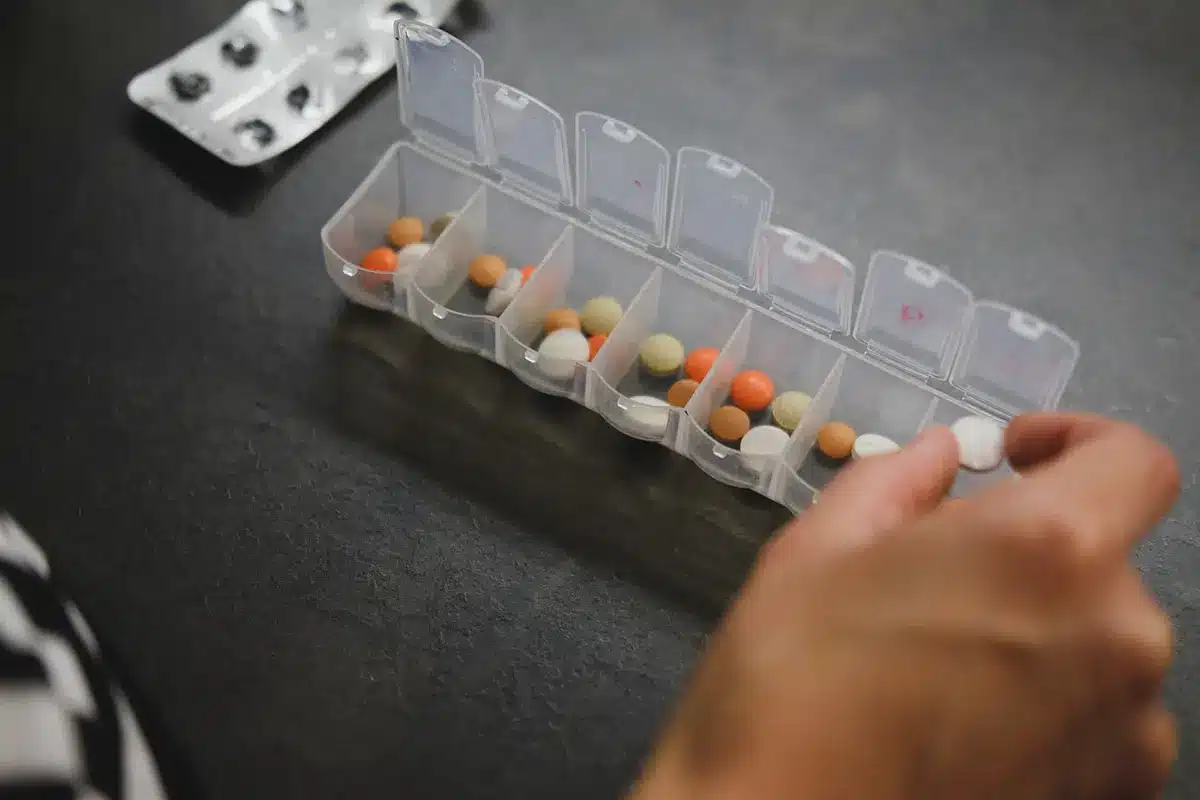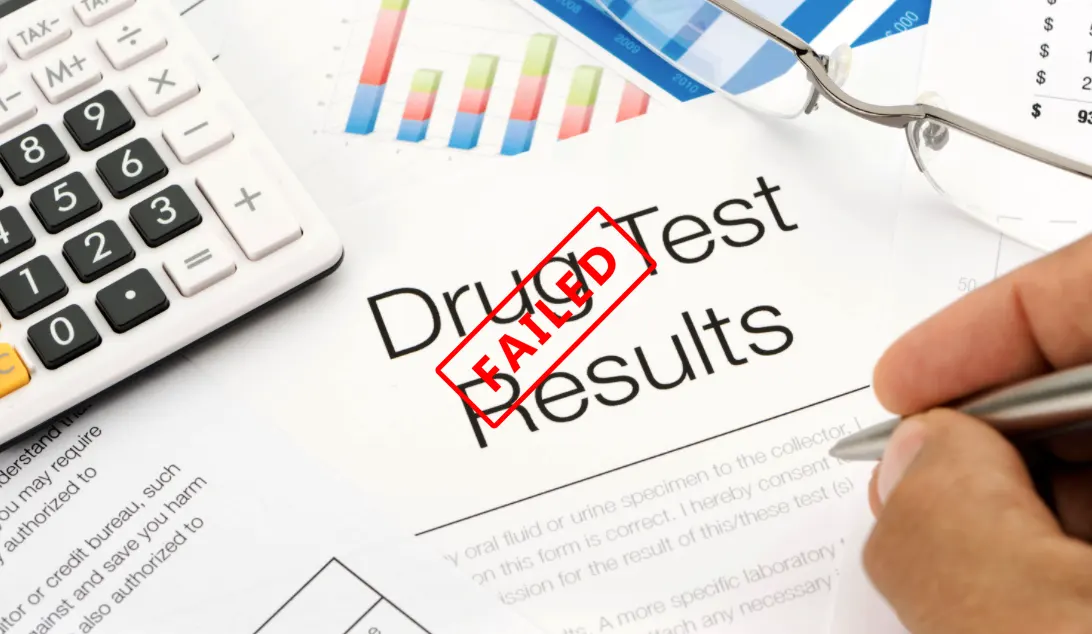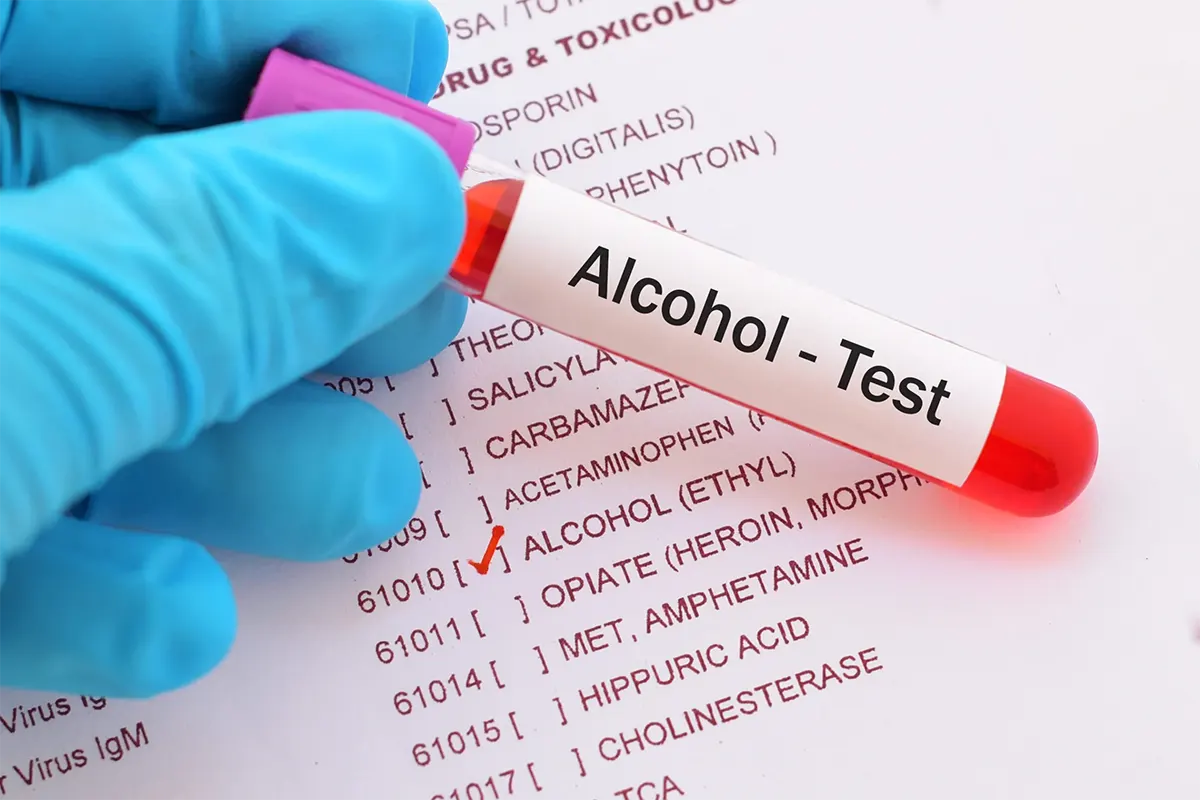These days, drug use is becoming increasingly common. And as expected, drug testing has become more prevalent as well. With employers, schools, and even athletic organizations implementing such policies, individuals are faced with a difficult choice: should they refuse to take a drug test, or risk failing it and facing the consequences?
It is better to refuse a drug test than to fail it. A failed drug test will typically result in immediate consequences such as termination or legal action, while a refusal may result in similar consequences but may also give the individual the opportunity to explain their reasoning for refusal.
In this piece, we’ll examine the outcomes of both possibilities and offer advice on what people should think about before choosing.
Quick Navigation
Refusing a Drug Test

What happens if you reject a drug test, like a DOT drug test?
When someone refuses to take a drug test, it is typically considered a failed test. Refusing a drug test can result in various consequences depending on the context.
For instance, if an employer requests drug testing as part of their hiring process or after reasonable suspicion of substance abuse and an applicant refuses, the employer may choose to revoke their job offer.
Employees who deny drug tests, such as police officers, may be subject to disciplinary action. You may be immediately removed from your employment.
However, in some cases, it’s better to refuse a drug test. For example, if you are asked to take a random test and it’s not mandatory.
You can refuse if you feel like it can negatively affect you and your rights. With that, it’s best to know the DOT regulations.
Plus, if you know that the process won’t be accurate or reliable, you may be better off not submitting your urine specimen or your blood sample taken.
Factors to Consider Before Refusing A Drug Test
When deciding whether or not to refuse a drug test, here are some of the most important factors you need to consider:
Consequences
Refusing a drug test can result in disciplinary action, job loss, and legal penalties.
Failing a drug test can have similar consequences, and may also damage one’s reputation and future job prospects. Consider the potential impact on your employment, legal situation, and personal life.
Accuracy of the test

Some drug tests may have a higher likelihood of false positives. If you feel like the test’s accuracy is doubtful, it’s a good idea to do your research first.
Find out the type of drug test that will be administered and any known issues with its accuracy.
Likelihood of passing the test
If you have used drugs recently, it’s important to consider whether you’re likely to pass the test. If you’re unsure whether you will pass, it may be tempting to refuse the test, but this could have negative effects.
It’s worth discussing any concerns with the appropriate parties beforehand, and considering options like detoxification or delaying the test if possible.
Legality of the test
In some cases, drug testing may be required by law, such as in certain safety-sensitive industries. However, in other situations, drug testing may be optional or even illegal.
It’s worth researching the legality of the drug test in your specific situation, and consulting with an attorney if necessary.
Privacy and rights
Drug testing can be invasive and may infringe on your privacy or rights. It’s worth considering whether the drug test is necessary and whether there are alternative ways to achieve the same goal.
If you believe that the drug test may violate your rights, it may be worth discussing your concerns with the appropriate parties or seeking legal advice.
Alternative consequences
It’s also worth considering whether there are alternative consequences that may be less severe than refusing or failing a drug test.
For example, if you’re concerned about job loss, it may be worth discussing alternative effects like suspension or reassignment with your employer.
Are There Any Exemptions?
In some cases, individuals may be exempt from taking a drug test, depending on the specific circumstances.
If you fall under any of the following, you may refuse to take a drug test as long as you’re able to prove your case:
Medical reasons
You may be exempted if you have a medical condition or are taking medication that could potentially result in a positive drug test.

If that’s the case, you may need to provide documentation from your healthcare to your medical review officer to prove it.
Religious reasons
Some individuals may be exempt from drug testing due to religious beliefs. For example, certain religions prohibit the use of alcohol or drugs, and testing positive for these substances may be viewed as a violation of religious beliefs.
Legal reasons
In some cases, drug testing may be prohibited by law or may be considered a violation of an individual’s rights.
If the drug test is not conducted according to legal guidelines or if the individual has a legal right to privacy, a current employee may be exempt from taking the test during a medical exam.
Union agreements
Some union agreements may include provisions for drug testing exemptions for certain individuals, such as those with seniority or those in certain job classifications.
Employer policy
Some employers may have policies in place that exempt certain individuals from drug testing, such as those who work in non-safety-sensitive roles or those who have already been drug tested within a certain time frame.
It’s important to note that exemptions to drug testing may vary depending on the specific circumstances and the policies of your employers.
Failing a Drug Test
If you test positive, it means that your sample has the presence of a prohibited substance. What happens after that?

Well, there is no short answer. However, when an employee fails, the consequences can be severe, especially in the workplace.
You could get terminated from your job or get your license suspended after a positive result. You may even face legal problems. In some cases, failing a drug test can also damage one’s reputation and future job prospects.
However, there may be situations in which failing a drug test might be more detrimental than refusing.
For example, if you are driving under the influence of drugs and are involved in an accident. Refusing a drug test may result in more severe legal consequences than failing it.
What About Alcohol Test?

It’s important to note that many employers and organizations have strict policies regarding drug and alcohol use. Testing positive for either substance can result in immediate consequences.
In some cases of positive alcohol tests, individuals may be required to participate in drug or alcohol treatment programs, see an addiction counselor, or undergo regular testing to ensure recovery from substance abuse.

